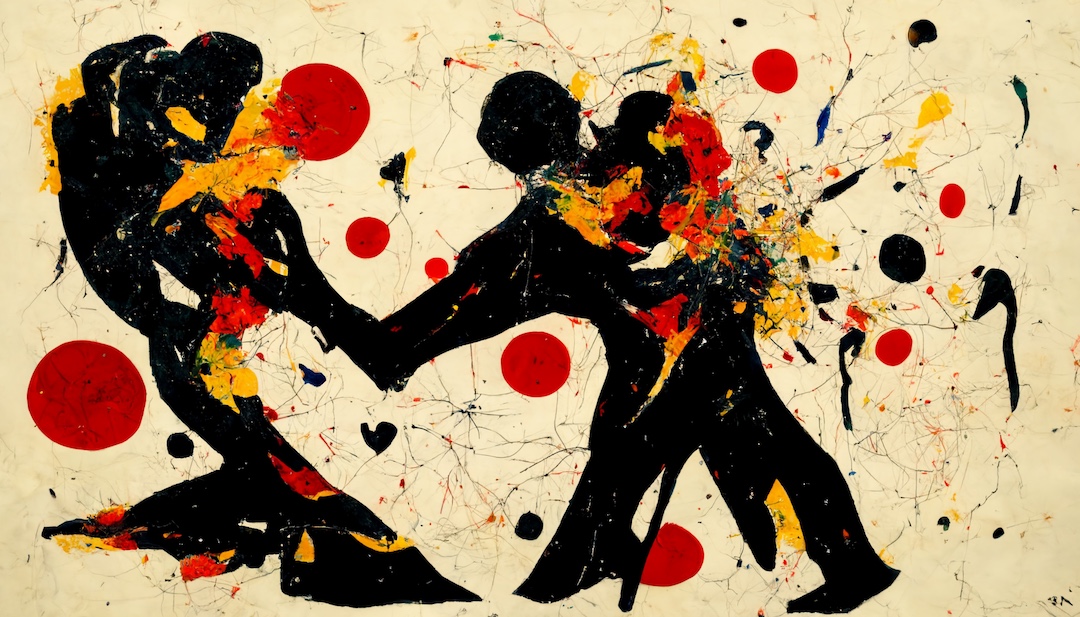
This has happened to me twice so these results are hardly scientific, but when I have paired with a person going through a divorce I’ve noticed a pattern. There is a lot of ‘sticking to one’s guns.’ Both were dudes and both liked to argue but at some point it got out of hand. One would want to argue if testing was needed for ‘everything’ so that they could get you to admit that this one example they manufactured proved something. So I’d have to explain, again, the pragmatic approach of: If we can test the thing we’re working on, we will to whatever degree we feel appropriate. This is not exact and that’s okay. It was exhausting. The other guy liked to insist a junior’s knowledge of the code was wrong only to ‘harrumph’ and say “we’ll that’s a crazy way to do things” when proven unequivocally wrong. This after the team member spent 30 minutes showing him how the code actually worked. Or the time he insisted on bringing in a whole new technology stack to build a micro-service which we, after a lot of arguing and spiked code, built in 450 lines of a language we already used. It was so bad that when I held a meeting with all the other developers no one could say anything positive about him. I asked “What could X do to fix this relationship?” and there was a long pause. One of them stated that they didn’t think anything would help. They were that sick of him and his arguing.
I had been off pairing with a new apprentice I had just taken on1 and had ignored some warning signs. I chalked up my personal dislike of his style to a problem with me and didn’t realize that everyone had an issue with him. It is one of my biggest regrets of that job that I didn’t get out in front of this problem before it the damage was done. A few years after X left everyone but one of the developers had quit the organization. This being technology, losing 3 team members over 2 years is pretty common but that team was tight before X joined. It broke my heart to see it fall apart.
I have a theory: Many see serious relationships as a series of giving up freedoms and opportunities ‘for the sake of the relationship’ and when the relationship ends they kinda believe it was for nothing. They harbor an intense feeling of having been taken advantage of. Any sort of ‘not insisting on your ideals’ feels like yet another painful subjugation of their passions and ideas. Therefore they rail against their pairs and damage the team.
1Yes, the team takes on the apprentice and not just one person. However, I have found that one person has to be has to be the apprentice’s mentor of record or they will get lost in the shuffle. This is a whole other article but too often I’ve seen juniors, apprentices, and just plain people new to the team get abandoned. This is not through any sort of malice but just an outcome of people are busy and sorta-social interactions are hard. Well, that and the ‘this problem isn’t good for pairing’ excuse (even though we do it all the time and they will have to learn).
A note about the image at the top of this post: This image was created by Midjourney with the prompt “Pairing with Divorce in the style of jackson pollock –ar 16:9” then I used the upscale feature.